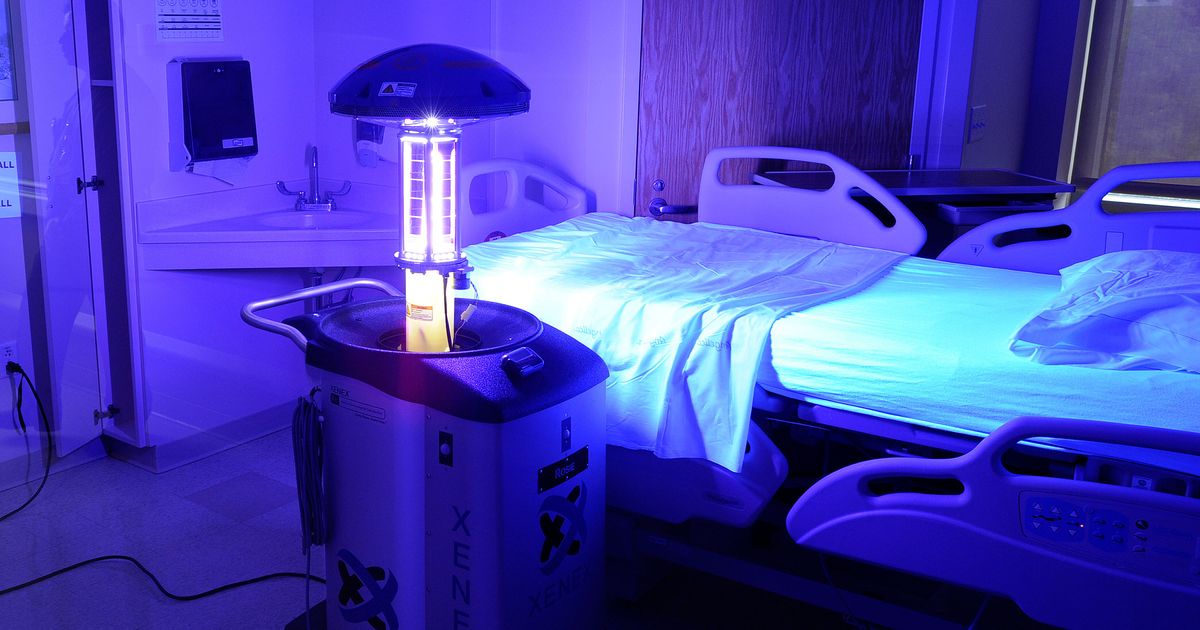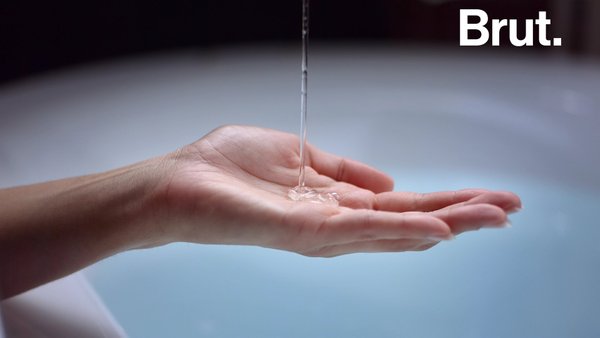UV LEDs can play a useful role in preventing infectious diseases. Can you kill coronavirus with UV light.
 Does Uv Light Kill Viruses Germs Best Sterilizer Devices The Strategist New York Magazine
Does Uv Light Kill Viruses Germs Best Sterilizer Devices The Strategist New York Magazine
But not all types of UV light are the same.

Can uv led lights kill bacteria. The same sanitizing energy. Although UVC light can indeed kill viruses and bacteria there are various problems with household ultraviolet disinfection lamps on the market. Using UV Light to Kill Bacteria The use of light to kill bacteria or superbug bacteria that is resistant to most antibiotics is not a new phenomenon and has been around since 1878.
LED light is killing bacteria fungus and mold and the scientific community has validated the results. 1W LED light source can basically cover only 1. Study reveals UV LED lights effectively kill a human coronavirus In a recent study researchers found that UV light-emitting diodes LEDs can quickly and effectively kill.
Scientists have known for some time that UV light has the ability to kill bacteria even pathogens like MRSA referred to as superbugs Light of wavelengths around 200 nanometers is safely absorbed by proteins and other molecules in the skin and is unable to reach the nucleus of the cells. Theres only one type of UV that can reliably inactivate Covid-19. The light from LEDs benefit those with continuing problems like acne treatments.
Ultraviolet UV light disinfection is getting a lot of attention during the coronavirus pandemic. You can be exposed to UV light. And still lethal to viruses and bacteria.
Ultraviolet light has been an old friend to the disinfection world for over a century. It has more energy than radio waves or visible light but less energy than X-rays or gamma rays. Arthur Downes and Thomas P.
In particular the wavelength of 264 nm is incredibly impressive at killing germs viruses and bacteria. In this regard can UV LED lights kill bacteria. Does UV light kill bacteria on skin.
1 Traditional ultraviolet disinfection lamps are big at least 40cm height or above low efficiency. Far-UVC has a. In particular the wavelength of 264 nm is incredibly impressive at killing germs viruses and bacteria.
UV-C carries the most energy capable of destroying the bonds that hold together the DNA and RNA of viruses and bacteria stopping them from working. Blunt published a paper in 1878 on the properties of. Some people may be concerned that using a UV-C LED lamp will create ozone a health and environmental hazard.
UV LEDs can play a useful role in preventing infectious disease. Ultraviolet UV light is a type of radiation. We know that UVC is a proven way to help eliminate dangerous bacteria and viruses in water air and on surfaces says Karen Willis NEMAs industry director for lighting systems.
At-home methods of UV sanitation have been proven highly effective against pathogens and come in a variety of forms including portable wands phone sanitizers and toothbrush cleaners. Fortunately UV-C radiation can pass through air without creating ozone so UV-C lamps can be used in air to disinfect surfaces. Its ability to kill pathogens like viruses and bacteria.
Ad For Emergency or Utility Vehicles TowConstruction Trucks Snow Plows Wrecker. UV light is a particularly good option for sanitation because it kills bacteria regardless of drug resistance and without toxic chemicals. LED lights or light emitting diodes can be used to kill bacteria.
They can be used to make drinking water replace chlorine as a water disinfectant in swimming pools kill bacteria in washing machines and dishwashers kill airborne bacteria in air purifiers and HVAC systems and disinfect surfaces in hospitals kitchens schools offices and nursing rooms. Lab researchers diode fabricators and fixture manufacturers are working to market LEDs that are an effective and safer disinfectant than ultraviolet UV light while also. Some scientists say UV products could help our economy recover and help keep public places clean and safe.
Ad For Emergency or Utility Vehicles TowConstruction Trucks Snow Plows Wrecker. Many studies have been done proving the effectiveness of LED lights to kill bacteria and treat acne mouth sores from chemotherapy and diabetic wounds. Fortunately UV-C radiation can pass through air without creating ozone so UV-C lamps can be used in air to disinfect surfaces.

